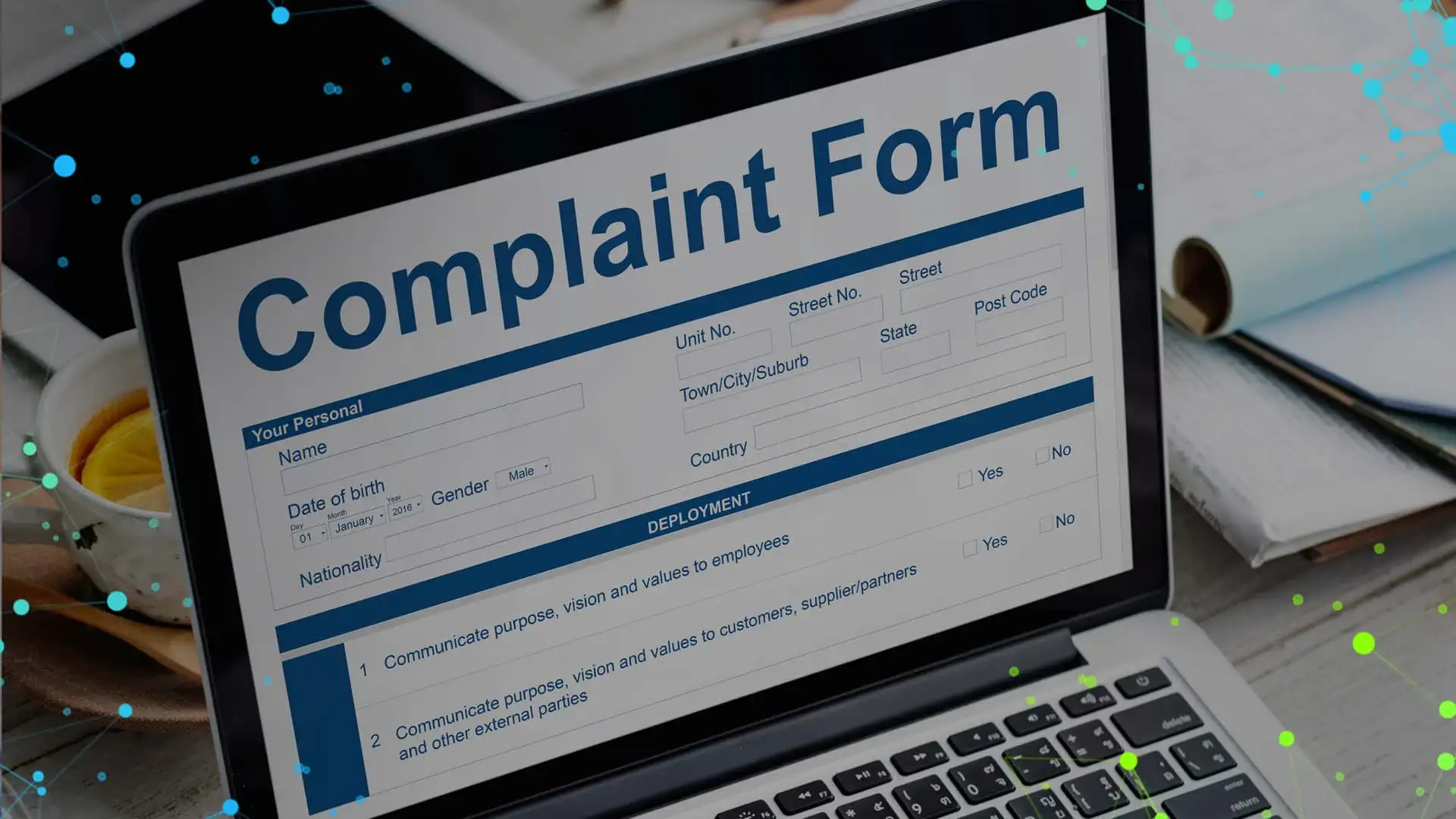Filing a DMCA Copyright Infringement Complaint
Basics, History, and Goals of DMCA
The Digital Millennium Copyright Act (DMCA) is a legislative act enacted in the United States in 1998 to adapt legislation to the challenges arising from the widespread adoption of internet technologies. The primary goal of the DMCA is to provide effective protection of copyrights, balanced development of digital technologies, and encouragement of innovation in the internet sphere.
Key Provisions of DMCA Regarding Copyright Protection
The DMCA provides protection to internet service providers and platforms from liability for the unlawful use of copyrighted materials if they act in accordance with procedures to remove or block access to infringing materials upon receiving notice from the copyright holder. The law allows copyright holders to send notices of unauthorized use of their materials and demand their removal or blocking.
The DMCA protects content owners by allowing them to track and demand the removal of illegally used materials on the internet. This law establishes a framework for protecting copyrights in the digital environment and ensures a balance between the interests of rights holders, internet service providers, and users.
Definition of Copyright Infringement
Copyright infringement is any use of copyrighted materials without the permission of the copyright owner or in violation of the restrictions imposed on the use of such materials. Here are some examples:
- Unauthorized uploading or distribution of copyrighted materials: films, music, books, or other works;
- Unauthorized use of photos or images;
- Fraud or plagiarism of content;
- Use of trademarks or logos without permission from the rights holder, etc.
Preparing to File a Complaint
First, it is necessary to clearly determine how copyright has been infringed and gather all available evidence of this infringement. This could be a screenshot of a webpage, links to content, copies of correspondence, etc. It is important to identify who exactly is responsible for the copyright infringement. This could be a service provider, website, or individual user.
Before filing a complaint, it is important to document all attempts to resolve the issue independently. This may include attempts to contact the infringer directly, expressing grievances, or even interacting with the web platform or service provider. This will help to confirm your actions and efforts to resolve the issue amicably before filing a complaint.
How to Properly File a DMCA Complaint
A DMCA complaint should include the following elements:
- Identification of the complainant and contact information.
- Description of the copyright infringement and specification of the specific materials that have been infringed.
- Links to the original materials that have been infringed.
- Evidence of the infringement, such as screenshots, links, copies of correspondence, etc.
- A statement that the information in the complaint is true and provided by the copyright holder or their representative.
A DMCA complaint should be sent to the website or internet service provider where the infringement was detected. Typically, there is a special form on the website or platform for filing a complaint about copyright infringement. Sometimes you can send a complaint via email or contact the support department. Some platforms also provide instructions for filing a complaint on their website.
After Filing a Complaint
After receiving a complaint, the provider may remove the content that infringes copyrights or suspend access to it. They may also contact the user who posted the content to respond to the complaint.
If the infringement continues or the complaint is rejected, you can resort to legal action or reapply to the provider with additional evidence.
Counter-Notification and Appeal
When a counter-notification is received for your complaint, review the reasons provided in the document and ensure they are unsubstantiated or insufficient. If you believe the counter-notification is unjustified or contains errors, you can initiate the appeals process by providing additional information or evidence to the provider processing the complaints, or use other mechanisms provided by the platform.
Legal Consequences of DMCA Violations
DMCA violations may incur significant fines, which can amount to up to $150,000 per instance. Additionally, the copyright holder has the right to file a lawsuit for compensation for damages incurred as a result of the infringement.
There are numerous examples of court decisions in cases related to DMCA violations. For example, in the case of Viacom International Inc. v. YouTube, the court ruled in favor of Viacom, acknowledging that YouTube was responsible for copyright infringement and should pay substantial compensation.




